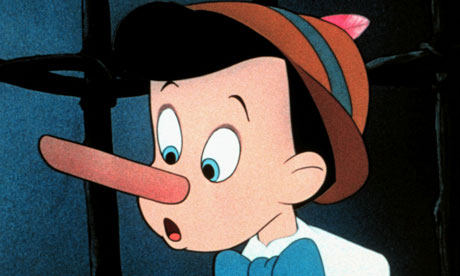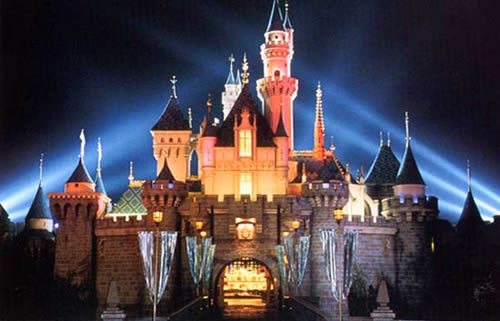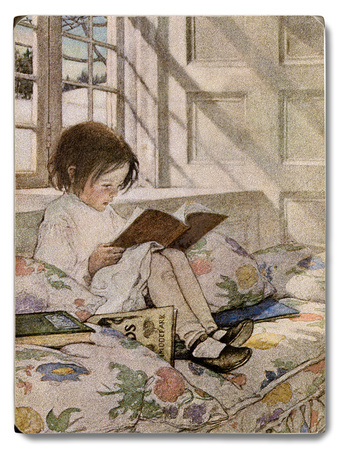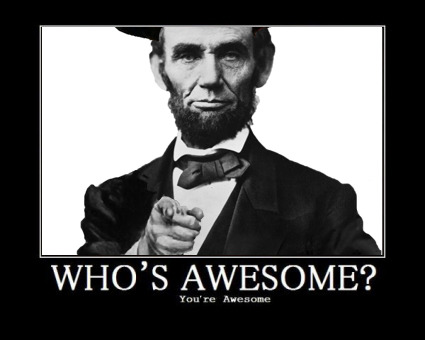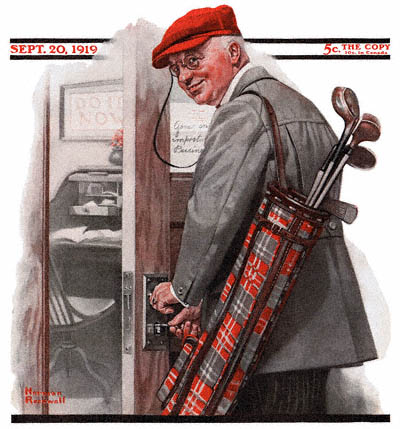 Samantha May currently lives in Nashville, Tennessee; however, she will be moving to Chattanooga in the fall to start her freshman year of college. She is a writer, runner, and an avid reader who is slightly obsessed with Harry Potter. She is currently working on her first novel, a historical piece set during the time of Adolf Hitler's rise to power. You can follow her on Twitter and on her blog.***
Samantha May currently lives in Nashville, Tennessee; however, she will be moving to Chattanooga in the fall to start her freshman year of college. She is a writer, runner, and an avid reader who is slightly obsessed with Harry Potter. She is currently working on her first novel, a historical piece set during the time of Adolf Hitler's rise to power. You can follow her on Twitter and on her blog.***
Four Dimensional CharactersWhat does To Kill a Mockingbird have in common with The Great Gatsby? Aside from being two of my favorite novels as well as two classics, they both have extremely memorable characters. To Kill a Mockingbird has Scout, the innocent child among a racist community, and Atticus Finch, the model parent and the lawyer that defends the black man accused of rape. The Great Gatsby has Nick Carraway, Gatsby’s neighbor as well as the narrator, and Jay Gatsby, a man who willingly changes everything about himself in an effort to win the love of his life back. The novels were successful because of not only their great stories, but because of the believable characters that have managed to remain relevant years after their original publication.
For many writers creating these kinds of characters is the most difficult part of the entire writing process; however, the task can be made much easier if you know what kinds of questions you need to ask of your characters. Whether you are a beginner or an old pro, this particular method of creating four-dimensional people will definitely provide you with a massive amount of information about your characters that you may not have known before.
1st Dimension: The Photograph
The first dimension focuses on the general appearance of your character, as if you were seeing them for the first time. Questions you might ask yourself would involve their skin, hair, and eye color. What about their clothes? Do they have an eclectic style or do they dress in a preppy manner? What about his nose? Is it slender? Perhaps his nose is too large for his face and crooked, too. Does she have tattoos, scars or birthmarks? Does he have a toothy smile or is it just a twitch of the mouth? Is his hair greasy? Does she have a mountain of curls?
2nd Dimension: The Video
The second dimension allows you to see your character’s movements. You might ask about the way they walk. Do they have a bounce in their step? Does she lumber from place to place? What about his posture? Does he stand tall and proud, or hunched over? What about her voice? Is it high pitched and sweet? Does she have an unusually deep voice for a woman? Does he have an accent? Does she speak quickly? Does he take his time with his words? Does he use impressive vocabulary?
3rd Dimension: The Play
The third dimension puts your character into action. You see how the character interacts with others as well as how they react to any given situation. Is he quite tactful? Is she blissfully unaware of her surroundings? Is she an extrovert or introvert? Perhaps she is a bit of both. Is he a natural leader, or does he allow others to take the reins? Is she a responsible person? What are her political and religious views? Do they ever conflict? Is he independent? Does he still live with his parents? What about their educational background?
4th Dimension: Participatory Theatre
The fourth dimension deals with the inner workings of a character’s mind, or what they are really like. Through this dimension, you are able to explore your characters’ thoughts. Why does he act a certain way? Why is she cruel to children, but not to dogs? What is her reason for being afraid of ladybugs? What secrets do your characters harbor? What are his deepest fantasies? Does he want to be a doctor, even though he runs an auto shop? Does she want to win her high school boyfriend back, even though she has been married for twenty-five years? What are his goals and dreams? What does she wish she could tell her family more than anything?
I will leave you with the words of Stephanie Kay Bendel, to whom I give full credit for this method.
“The difference between a good story and a great one is often the depth to which the author examines the characters who people the pages.”
Now, go and create the characters that will stay with us long after we finish your novel!
Until next time, happy writing!
Samantha
***







